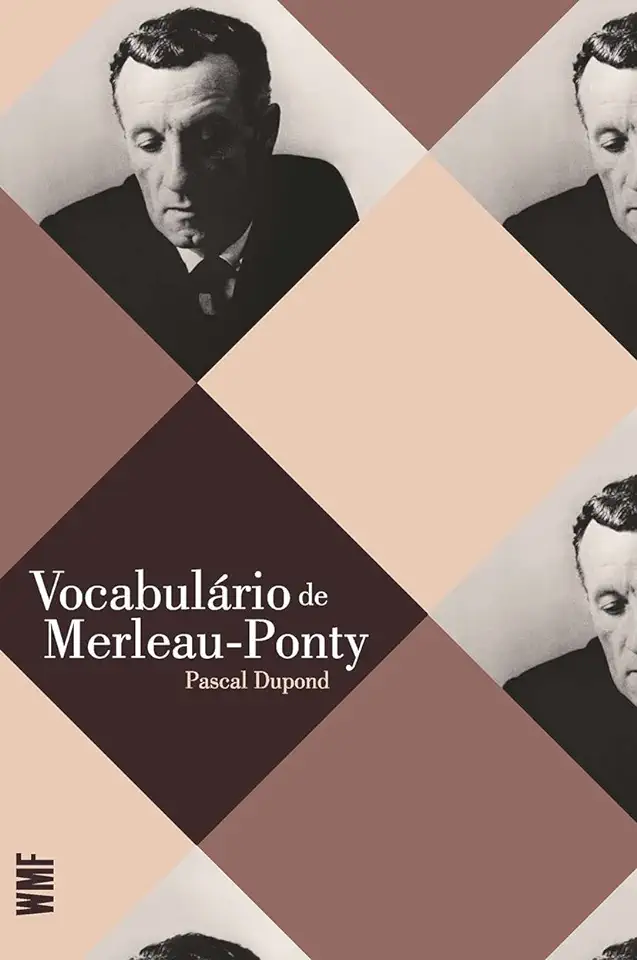
Merleau-Ponty's Vocabulary - Pascal Dupond
Merleau-Ponty's Vocabulary: A Guide to the Key Concepts
Introduction
Maurice Merleau-Ponty was a French philosopher who is considered to be one of the most important thinkers of the 20th century. His work has had a profound influence on a wide range of fields, including philosophy, psychology, sociology, and art history.
Merleau-Ponty's philosophy is often described as phenomenology, which is a philosophical movement that emphasizes the study of consciousness and lived experience. Merleau-Ponty believed that the best way to understand the human condition is to examine the way we experience the world around us.
Key Concepts
Merleau-Ponty's work is full of rich and complex ideas, but there are a few key concepts that are essential to understanding his philosophy. These concepts include:
- The body: Merleau-Ponty believed that the body is not simply a physical object, but rather a living, sentient being. He argued that the body is the foundation of our experience of the world, and that it is through our bodies that we come to understand ourselves and our place in the world.
- Perception: Merleau-Ponty believed that perception is not a passive process of receiving information from the world around us. Rather, he argued that perception is an active process of interpreting and making sense of the world. He also argued that perception is not limited to the five senses, but rather that we also perceive the world through our emotions, our memories, and our imagination.
- Consciousness: Merleau-Ponty believed that consciousness is not a separate entity from the body, but rather that it is an integral part of our being. He argued that consciousness is not simply a collection of thoughts and feelings, but rather that it is a way of being in the world.
- Intercorporeality: Merleau-Ponty believed that we are not isolated individuals, but rather that we are always in relation with others. He argued that our bodies are always in contact with the bodies of others, and that this contact is essential for our understanding of ourselves and the world around us.
Significance
Merleau-Ponty's work has had a profound influence on a wide range of fields, including philosophy, psychology, sociology, and art history. His ideas have been used to understand everything from the nature of consciousness to the experience of illness to the role of the body in art.
Merleau-Ponty's work is essential reading for anyone interested in understanding the human condition. His insights into the nature of consciousness, perception, and intercorporeality have changed the way we think about ourselves and our place in the world.
Conclusion
Merleau-Ponty's Vocabulary is a comprehensive guide to the key concepts in Merleau-Ponty's philosophy. This book is an essential resource for anyone interested in understanding the work of this important thinker.
If you are interested in learning more about Merleau-Ponty's philosophy, I highly recommend reading Merleau-Ponty's Vocabulary. This book will provide you with a solid foundation in Merleau-Ponty's thought, and it will open up a new world of philosophical inquiry.
Enjoyed the summary? Discover all the details and take your reading to the next level — [click here to view the book on Amazon!]